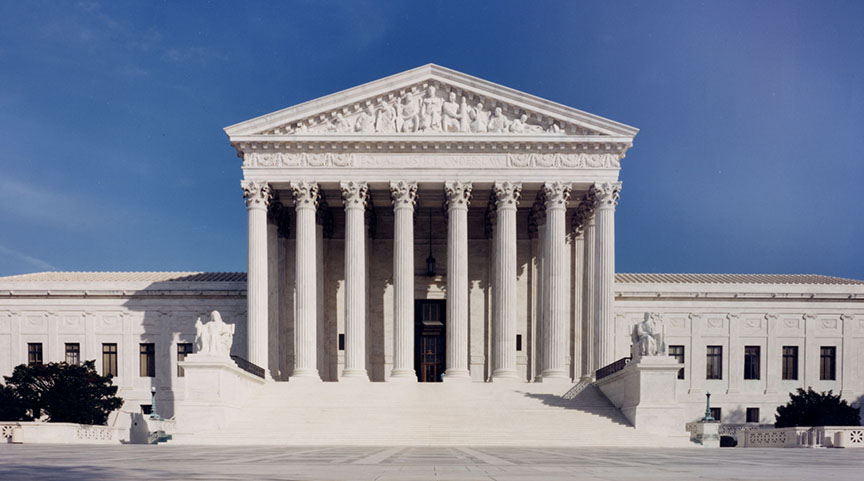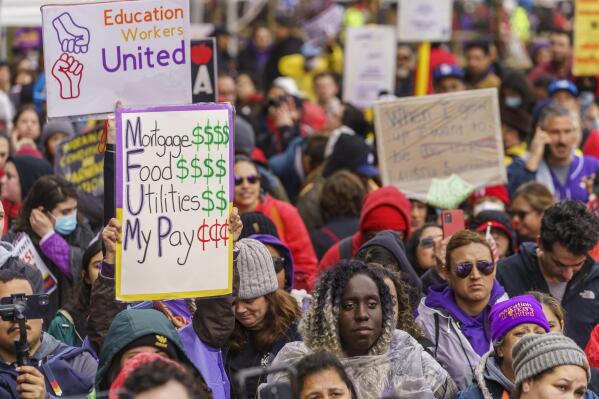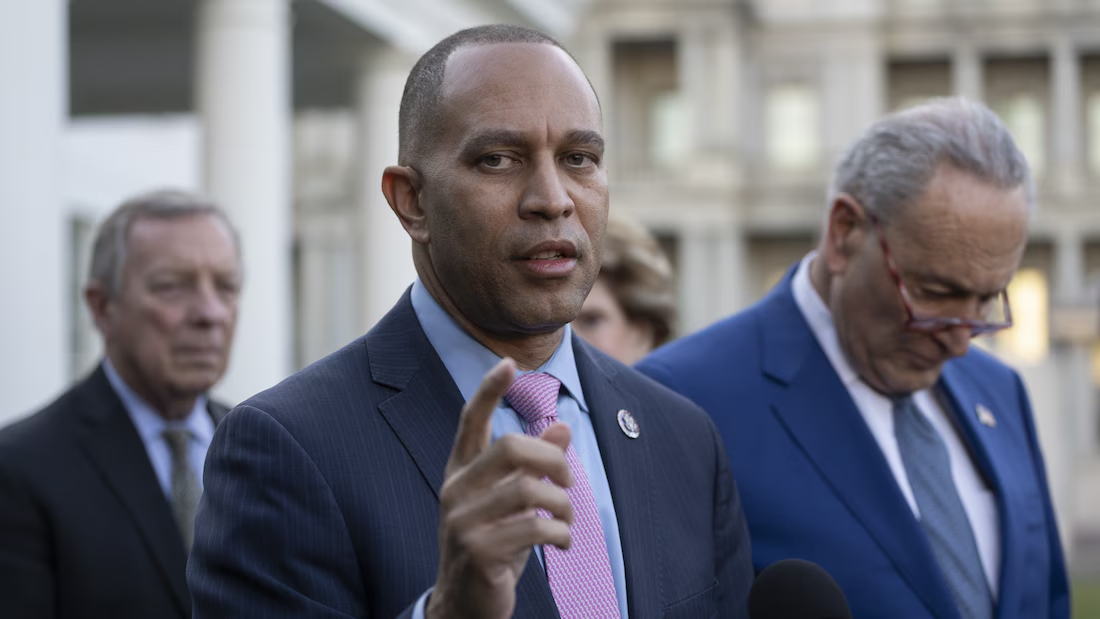On July 14, 2025, the U.S. Supreme Court delivered a devastating blow to public education as it cleared the way for President Donald Trump"s administration to dismantle the U.S. Department of Education. This move allows for the termination of approximately 1,400 employees, a drastic reduction that critics warn will cripple the department"s ability to enforce civil rights and provide essential services to students in need.
Supreme Court Supports Destruction of Federal Oversight
The Supreme Court"s unsigned order, which lifted a lower court"s injunction, has been met with outrage from a coalition of Democratic attorneys general, school districts, and unions. They argue that Trump"s plan to downsize the department is not merely bureaucratic but threatens the very foundation of equitable education across the nation. According to Reuters, the dissenting justices highlighted the potential for rampant discrimination and the elimination of crucial support systems for disadvantaged students as a direct consequence of these actions.
Federal vs. State Control Over Education
Trump"s rhetoric around education emphasizes a desire to return control to the states, a move that many progressive advocates see as a thinly veiled effort to dismantle federally mandated civil rights protections. During his March 20, 2025 speech, Trump stated, "We"re going to be returning education, very simply, back to the states where it belongs." This statement encapsulates a broader trend in his administration that seeks to undermine federal oversight, a trend that critics say will exacerbate educational inequalities. Public schools, especially those in low-income areas, rely heavily on federal funds to bridge resource gaps—resources that are now at risk.

The Supreme Court Building - Supreme Court of the United States
Impact on Civil Rights and Student Services
The Department of Education plays a critical role in enforcing civil rights laws in schools, including protections against discrimination based on race, gender, and disability. The mass firings and proposed transfer of essential functions, such as the handling of federal student loans and special education services, to other agencies will create a bureaucratic nightmare, potentially leaving millions of students unprotected. As noted in various reports by Education First, the consequences of dismantling the department could lead to a regression in civil rights protections that have been hard-won over decades.
Democratic Response to Dismantling Efforts
The response from Democratic leaders has been robust, with calls for legal action continuing as the implications of the Supreme Court"s decision sink in. Democratic attorneys general are prepared to challenge these cuts vigorously, emphasizing that access to quality education is a civil right. As reported by the University of Chicago, the legal ramifications of these layoffs extend far beyond employment; they threaten the educational opportunities of countless children across the nation.

Teacher strike shuts down Los Angeles school district | AP News
The Future of Federal Education Funding
With Trump"s administration making moves to redistribute educational functions to other federal agencies, the future of federal education funding hangs in the balance. The administration has proposed transferring the $1.6 trillion student loan portfolio to the Small Business Administration and shifting special education services to the Department of Health and Human Services. Such shifts could dilute the focus on education and further complicate the already convoluted processes that low-income families face when seeking educational support. According to The New York Times, these cuts are expected to delay the disbursement of essential aid, exacerbating existing inequalities in the education system.
Long-Term Consequences for Education Equity
The long-term impact of Trump"s education policy could be catastrophic. By eliminating federal oversight, states may feel empowered to enact policies that further entrench racial and socioeconomic disparities. Research shows that students in well-funded schools earn 7% more in pay as adults and enjoy higher graduation rates, a stark reminder of the correlation between funding and success. The implications of Trump"s actions could be felt for generations, as millions of children are left to navigate an increasingly fragmented and inequitable education landscape.

House Democrats hold a news conference




![[Video] U.S. Education Secretary Linda McMahon addresses antisemitism and DEI in universities](/_next/image?url=%2Fapi%2Fimage%2Fthumbnails%2Fthumbnail-1764701456714-dldg8o-thumbnail.jpg&w=3840&q=75)


![[Video] Gunfire between Iraqi security forces and Sadr militias in Baghdad](/_next/image?url=%2Fapi%2Fimage%2Fthumbnails%2Fthumbnail-1768343508874-4redb-thumbnail.jpg&w=3840&q=75)
